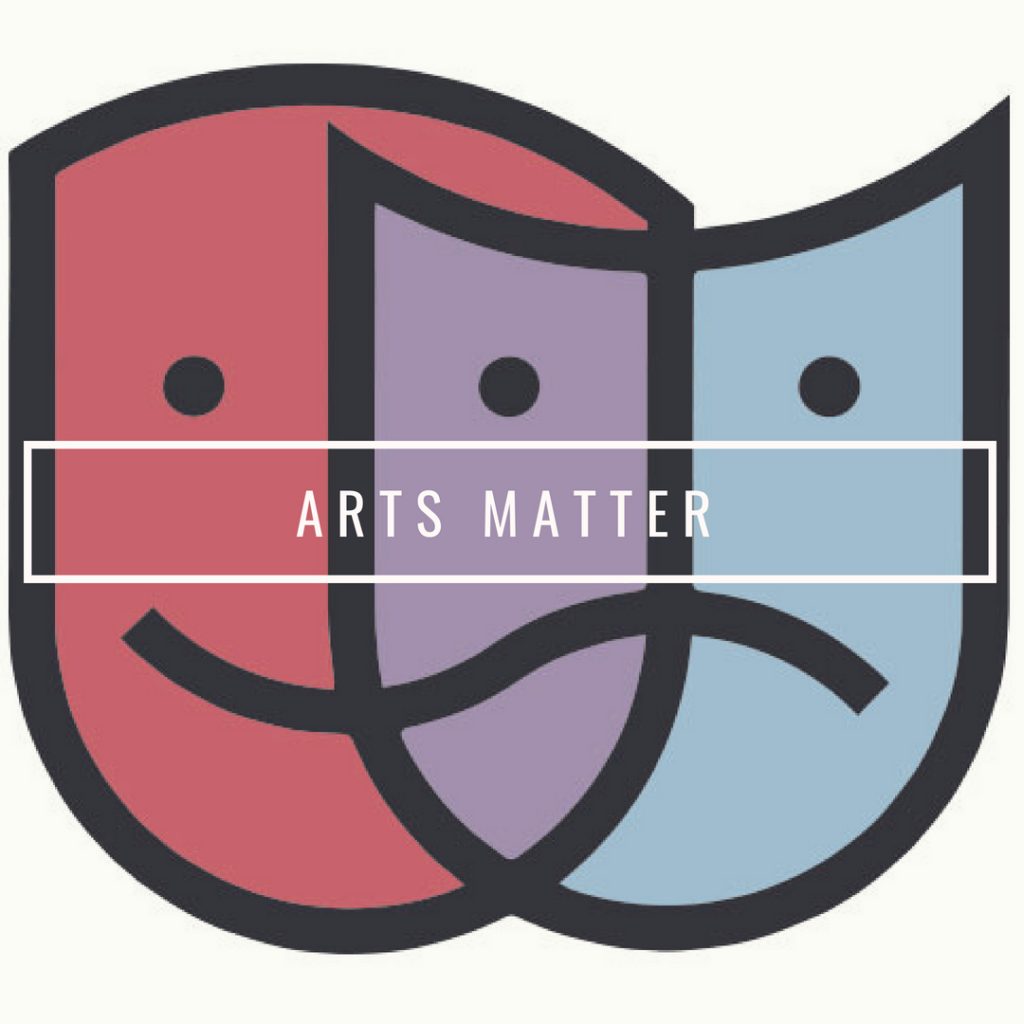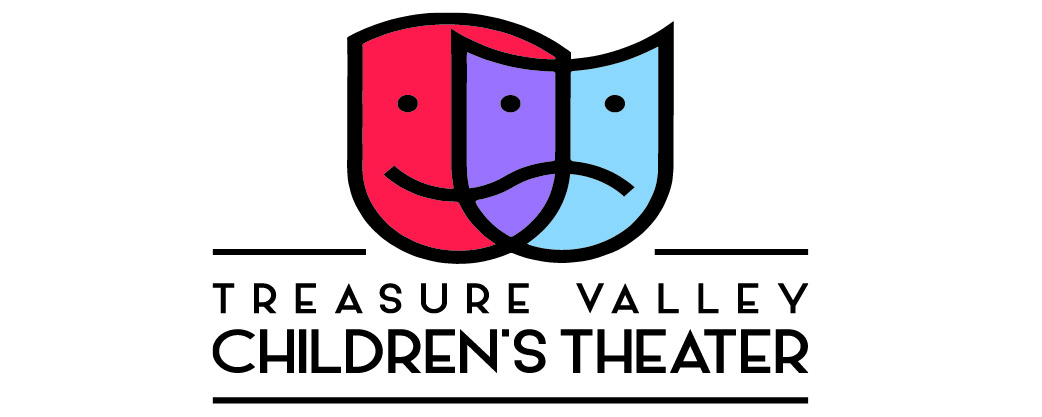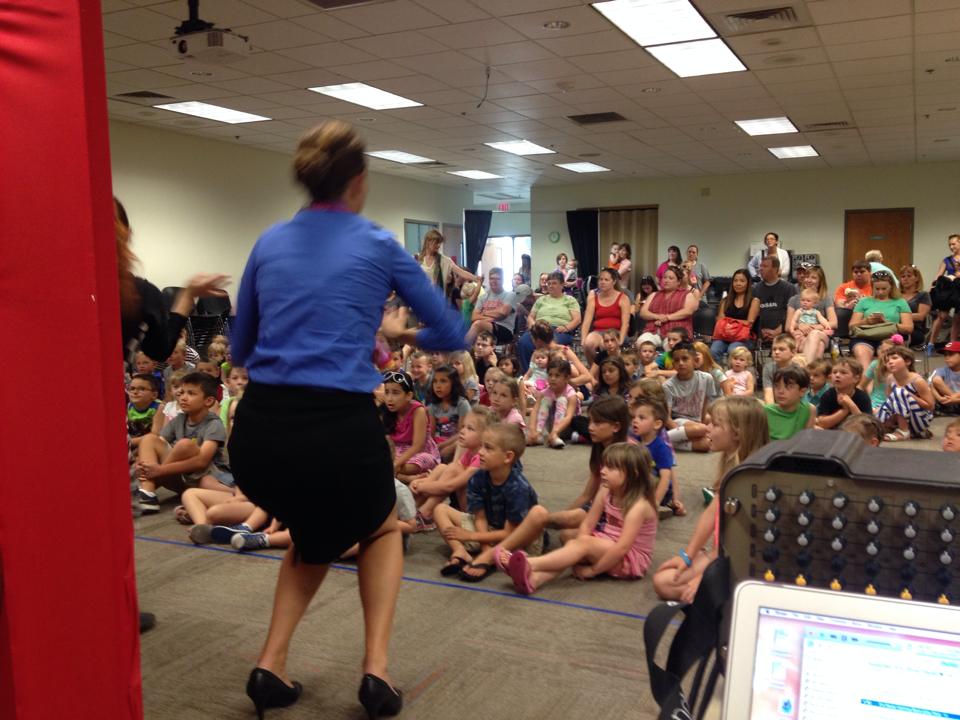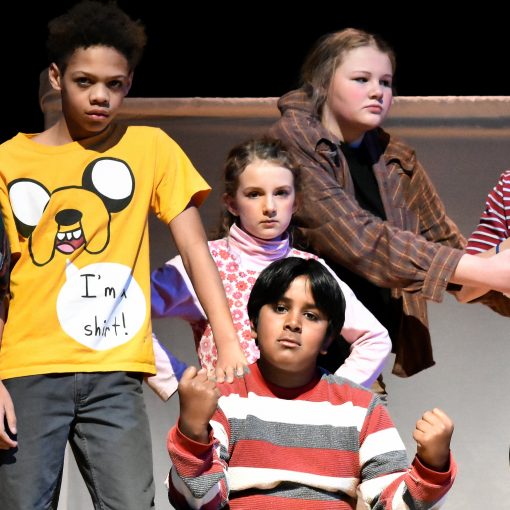by Michèle Carter Cram
TVCT Grants Manager and Alumni
We know our programs are transforming lives. We measure the impact in the way a new student’s posture changes from shy to confident after just one class; we see it in the way our students interact with empathy, modeling our five core values; we witness the growth of our alumni as they achieve career and personal success, having learned a variety of skills in the theater that prepare them to take their place in our world with kindness and courage. We know theater teaches students to prepare for their futures, and the researchers agree with us.
ACADEMICALLY:
- “The evidence is clear: study of the arts contributes to student achievement and success. Its multiple benefits are academic, basic and comprehensive…” (Ruppert, Sandra S. Critical Evidence: How the Arts Benefit Student Achievement. National Assembly of State Arts Agencies, 2006. p17).
- Middle school students with arts education integrated into their schooling showed that proficiency on academic tests can increase up to 11.5% on subjects like English and literacy and math (Inoa et. al., 2014: A Study on the Relationship between Theater Arts and Student Literacy and Mathematics Achievement, p10. (Journal for Learning Through the Arts)).
- “…integrating creative drama with children’s literature produces better reading comprehension than just using the Same literature without creative drama or basic skills instruction” (Educational Research and Improvement , and Richard J Deasy, Critical Links: Learning in the Arts and Student Academic and Social Development § (2002). p34).

Theater teaches students how to engage with their community.
INTERPERSONAL SKILLS:
- “Playing a part in the wider world-taking part in youth theatre encourages young people to participate more fully in their communities…Playing a part in a play can bring young people face to face with personal, moral, political and social issues and dilemmas-helping them refine personal opinions, develop empathy for other people and explore new issues and experiences from a variety of perspectives.” (Hughes, Jenny & Wilson, Karen. (2004). Playing a part: the impact of youth theatre on young people’s personal and social development. Ride-the Journal of Applied Theatre and Performance, p65).
- “Students who have arts-rich experiences in school do better across-the-board academically, and they also become more active and engaged citizens, voting, volunteering, and generally participating at higher rates than their peers.” (Rose Theater: Why Children’s Theater Matters p4, from NAC).

Theater teaches students how to be the best version of themselves.
REAL WORLD SKILLS:
- “Youth theatre helps young people develop a range of personal skills and resources… They include: the ability to work on your own initiative; the capacity to take part in work-like processes; risk taking; exploration and expression of thoughts and feelings.” (Hughes, Jenny & Wilson, Karen. (2004). Playing a part: the impact of youth theatre on young people’s personal and social development. Ride-the Journal of Applied Theatre and Performance, p63).
- (RESILIENCY) The arts [help] to transform the process of dealing with the situation into an act of creation rather than one of passive endurance. Resilience, in this context, implies an ability to emerge from a traumatic experience with the interest and capacity to explore complex thoughts and feelings and to pursue, even insist on, a new kind of civic discourse among individuals and groups (Arts Education Partnership, 2004, The Arts and Education: New Opportunities for Research, p12).
- (SOCIAL SKILLS) Students experience an increase in [social] tolerance as well as greater understanding of the plot and vocabulary of stories if they see live theater. (Green et al., 2017, The Play’s the Thing: Experimentally Examining the Social and Cognitive Effects of School Field Trips to Live Theater Performances. University of Arkansas).
Students who have arts-rich experiences in school do better across-the-board academically, and they also become more active and engaged citizens, voting, volunteering, and generally participating at higher rates than their peers (Rose Theater: Why Children’s Theater Matters p4, from NAC).
Your investment in Treasure Valley Children’s Theater is helping us empower youth and change the world. Click here to give.





